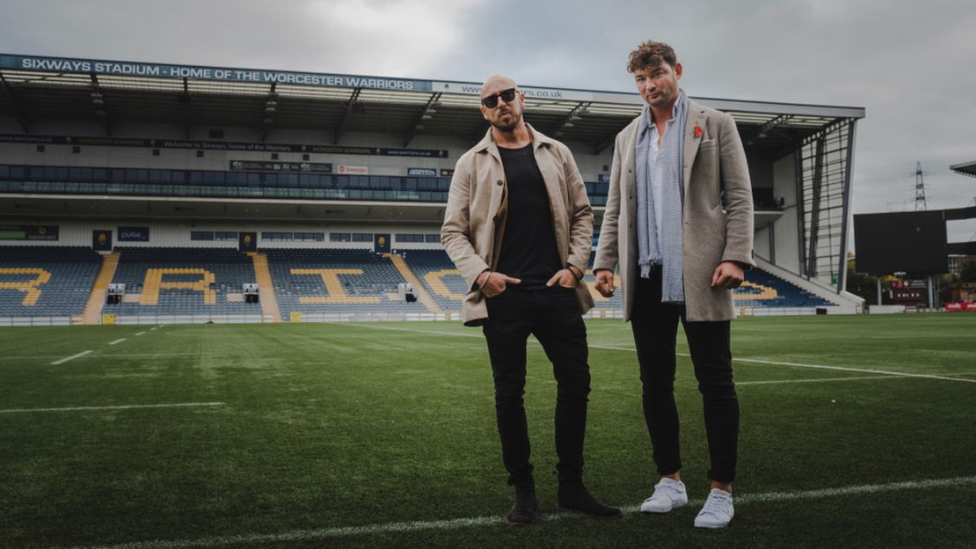Parole: Ex-BBC presenter stars in new criminal justice documentary
- Published
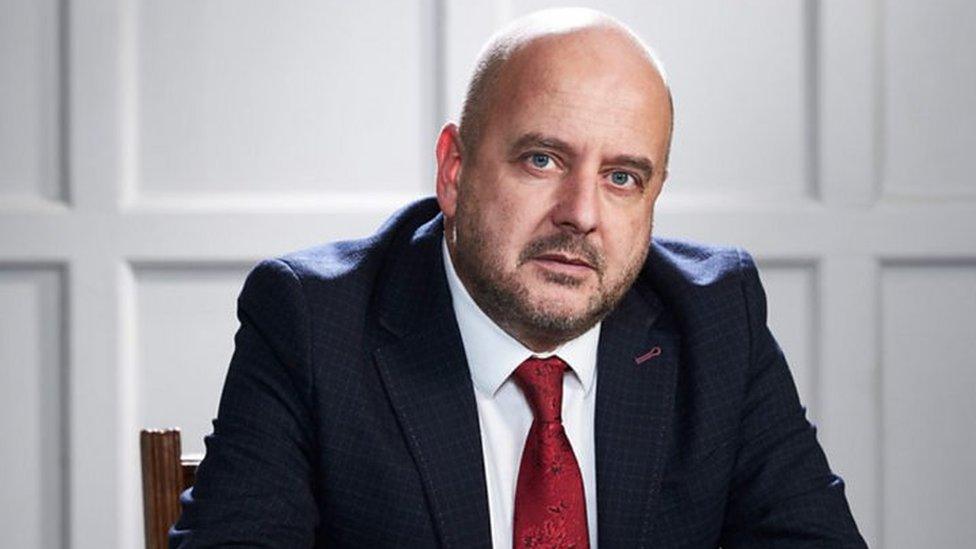
Rob McKeon has previously presented shows on BBC Radio Stoke and BBC Radio Derby
A former BBC presenter is helping provide insight into the UK criminal justice system in a documentary series.
Rob McKeon, a former BBC Radio Stoke presenter, is now a Parole Board member and panel chair.
Parole on BBC Two takes audiences behind the scenes of parole hearings and how boards decide whether offenders should stay in prison or be released.
"The consequences of getting it wrong are huge, because people could die," he told BBC Radio Stoke.
The new series is being shown on Mondays at 21:00 GMT.
It was filmed over the course of a year and shows how independent court process impacts the prisoners, victims and their families, filmmakers said.
After leaving his broadcaster role, Mr McKeon worked in a number of industries before becoming a magistrate which led to his current career.
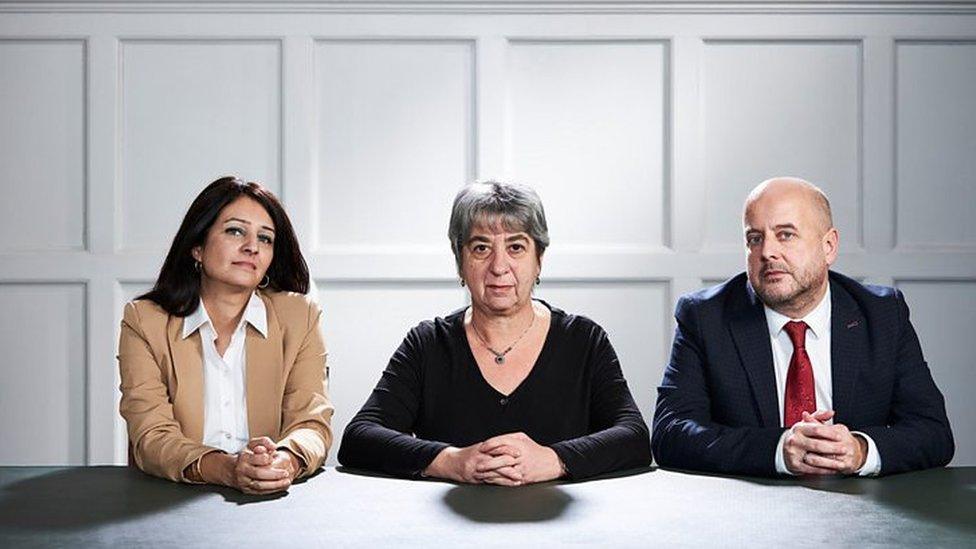
Members of the board Noreen Shami, Lucy Gampell And Robert McKeon appear on the BBC Two factual series
Every year in England and Wales, around 16,000 "of the potentially most dangerous criminals are considered for parole before the end of their sentence", said programme makers. About 4,000 are released in communities.
Witnesses who know the prisoner, including probation and prison staff, give oral evidence to help Parole Boards decide if the prisoner has met the legal "test for release".
"You have to do this job without fear or favour," Mr McKeon said.
"These are some of the most terrible offences that can be committed, I'm routinely dealing with this and I don't want to become desensitised to it because every single crime is an important one to consider.
"You have to leave moral judgement at the door, I make a decision based on the evidence."
When asked whether being filmed was intimating, he said: "Every decision I make on the Parole Board will be unpopular, if I don't release a prisoner it's unpopular, if I do release a prisoner it's unpopular - so my focus was always on doing the parole review and ignoring the fact that there were TV cameras around."

Follow BBC West Midlands on Facebook, external, Twitter, external and Instagram, external. Send your story ideas to: newsonline.westmidlands@bbc.co.uk, external
Related topics
- Published5 December 2022
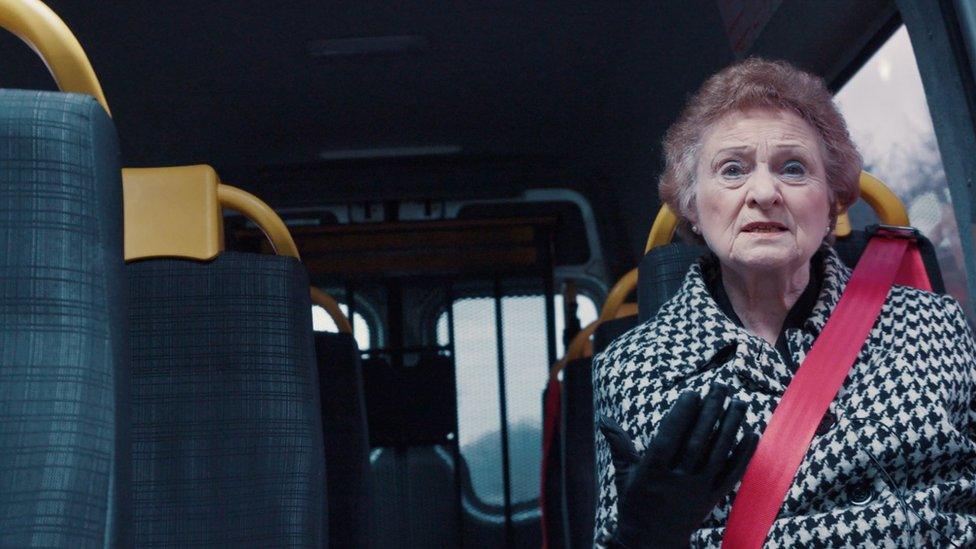
- Published12 December 2022
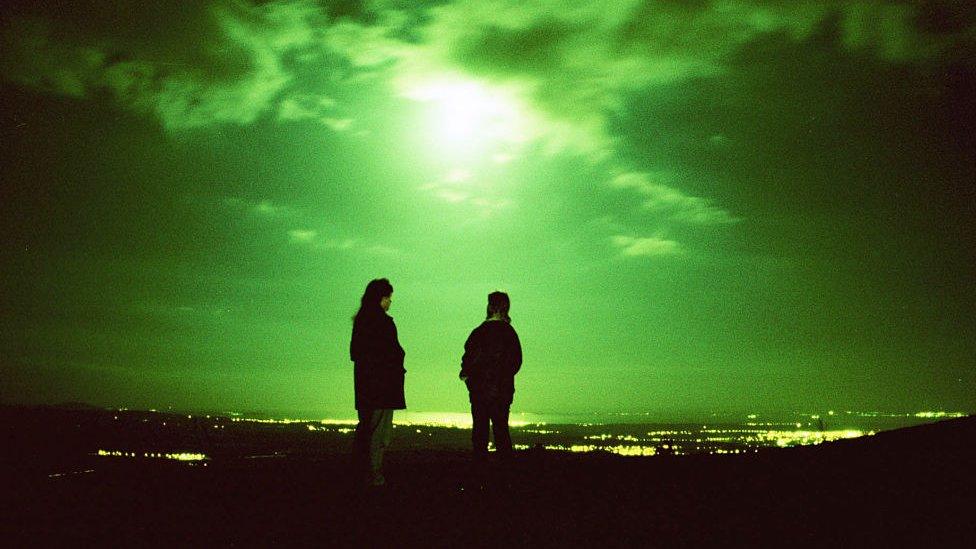
- Published16 November 2022
